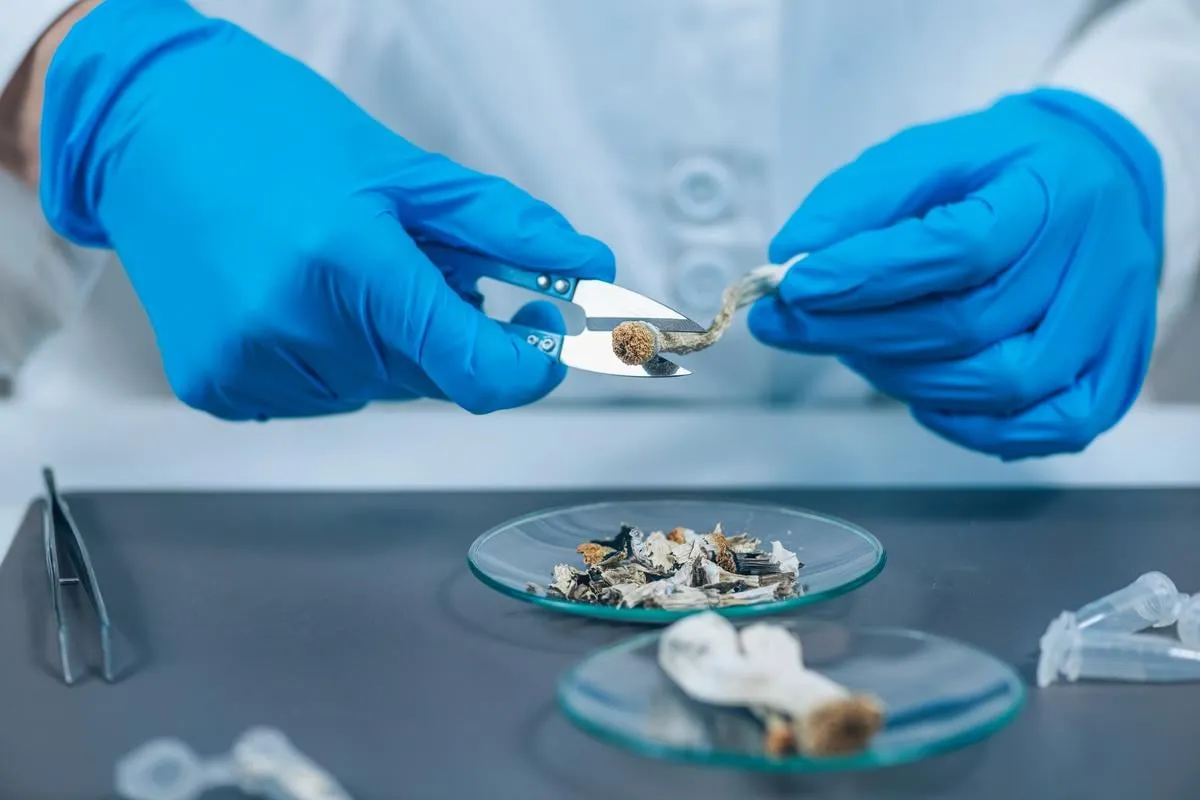Psilocybin and SSRI Antidepressants: A New Hope for Depression Treatment

Psilocybin Therapy Compared to SSRI Antidepressants
Recent news indicates that psilocybin, the active component in magic mushrooms, may alleviate symptoms of depression as effectively as standard medications like escitalopram. In a controlled clinical trial, patients reported significant improvement after receiving either psilocybin in a single session or a six-week course of the SSRI antidepressant.
Findings from the Clinical Trial
According to researchers from Imperial College London, there were notable improvements in mental health for both treatment groups. However, patients administered psilocybin demonstrated enhanced well-being, including a deeper sense of life meaning and better social connections. Lead researcher Tommaso Barba highlighted that while both treatments reduced symptoms, psilocybin outperformed escitalopram on various well-being metrics.
Implications for Depression Treatment
- Psilocybin may provide a holistic treatment approach, addressing both symptoms of depression and overall quality of life.
- Despite the promising results, psilocybin is still considered experimental.
- Experts caution against unsupervised use of magic mushrooms, noting potential risks.
As further research unfolds, many in the medical community, including Dr. David Erritzoe, express cautious optimism about the potential for psilocybin as a legitimate treatment for depression.
In Conclusion: A Cautious Outlook
The advent of psilocybin therapy may signal a significant shift in depression treatments. While many patients may find this alternative appealing, it is critical for such therapies to be explored under professional supervision.
This article was prepared using information from open sources in accordance with the principles of Ethical Policy. The editorial team is not responsible for absolute accuracy, as it relies on data from the sources referenced.